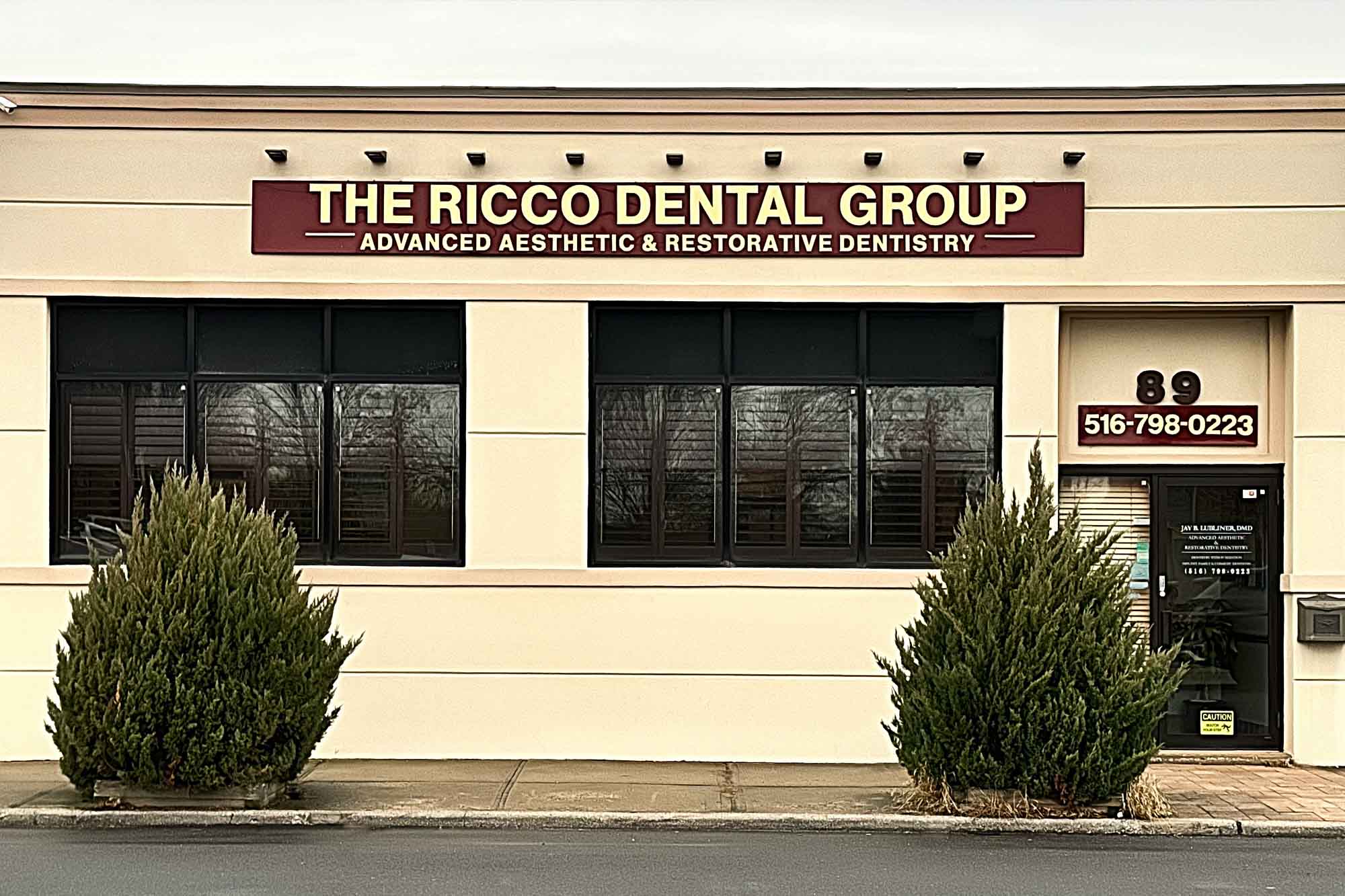3 Signs You Need a Root Canal

You may have heard that root canals are invasive and painful, but the truth is typically quite different.
A root canal is simply a standard dental procedure that heals your tooth by removing all the infection and leaving behind only healthy tooth tissue.
What is a Root Canal?
A root canal is a treatment that removes infected tissue within a tooth. The procedure also involves filling the hollow chamber of the tooth (root canal) with a synthetic material that can prevent bacteria from entering again. Root canals are often performed on molars or premolars because these teeth harbor more bacteria and infection than other teeth.
Root canal procedures usually take anywhere between one and three hours. The dentist will isolate the tooth and inject a local anesthetic around the area before starting the procedure.
Your dentist will open the tooth to clean out the pulp chamber, removing infected nerve tissue and blood vessels. He’ll then fill the roots and seal the tooth.
Signs of an Infected Tooth
These are three signs that could indicate the need for a root canal.
- You feel significant pain.
If your tooth is causing severe pain, especially if you have a fever or swollen gums, it could be infected and require a root canal.
- Your tooth is discolored.
If the color of the painful tooth has become darker or has any other unusual coloration, it could be infected.
- Your tooth is sensitive.
If a tooth has been bothering you for a while, and it feels sensitive to hot or cold, is tender to the touch, or just aches with ongoing pain, it could be infected and in need of a root canal.
A neglected toothache can spread to other teeth and cause jaw pain, which can be costly to treat. Additionally, a tooth that's been damaged by decay or infection can become brittle and more susceptible to breakage. Broken teeth can be painful and expensive to fix.
If you experience any of these symptoms, contact your dentist immediately to schedule an appointment. If left untreated, an infection can spread to other parts of the body and cause serious health issues.
What To Do For a Severe Toothache Until You Can See Your Dentist
Here are a few things you can do to help manage your pain until your emergency dental appointment:
- Try over-the-counter pain relievers to alleviate some of the pain until you see your dentist.
- Lie down and elevate your head on a pillow to reduce pressure on your jaw, which can help relieve pain.
- Try warm salt water rinses or cold compresses on your face near the source of the pain.
Learn More About Root Canals
The worst thing you can do is put off going to the dentist when you have a toothache, swelling, sensitivity, or tooth discoloration. If a tooth hurts, see your dentist immediately. If left untreated, a persistent toothache can develop into an abscessed tooth that requires emergency care.
If you’d like to schedule an appointment with Dr. Ricco, contact us today at 516-931-3999 to make an appointment.




